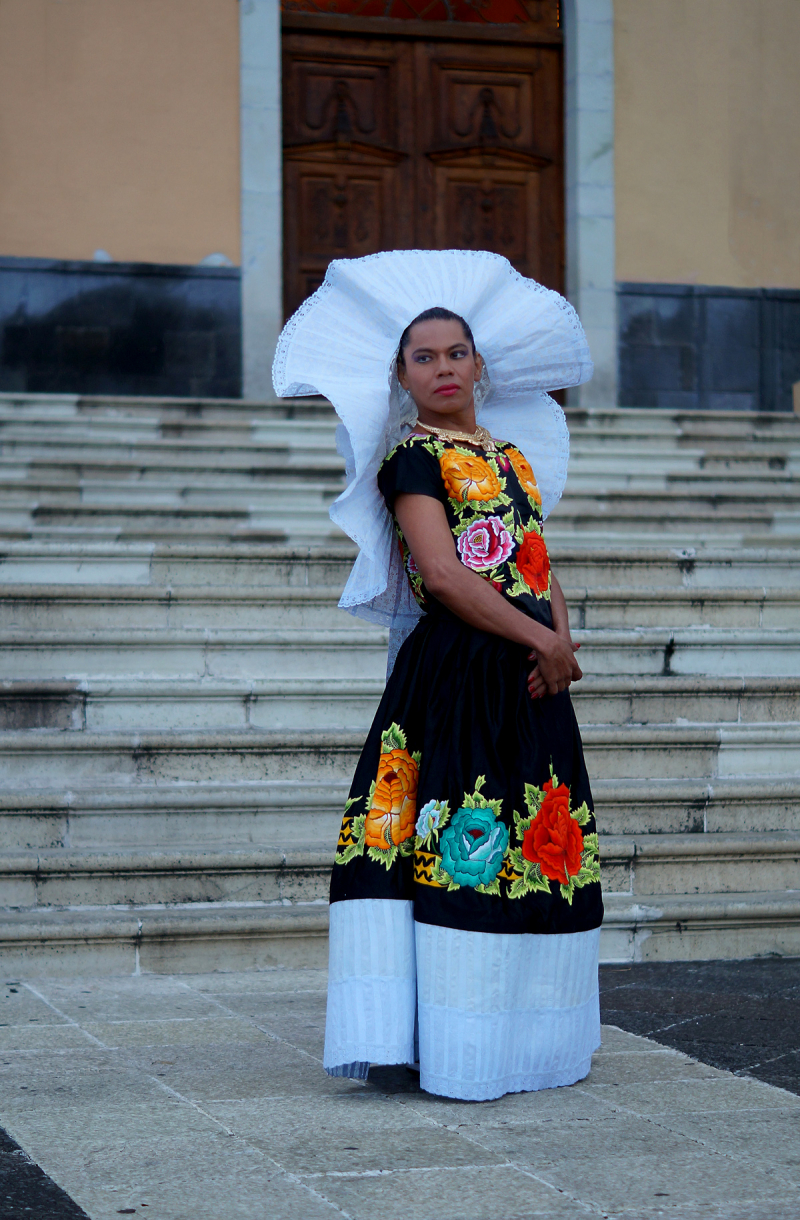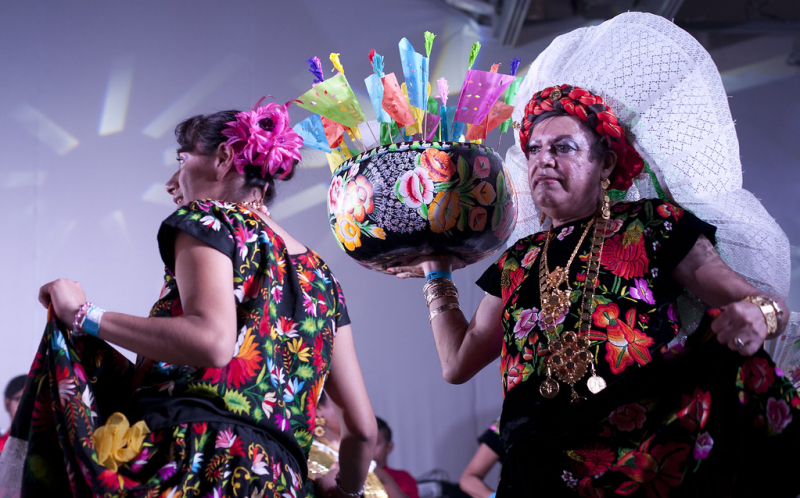Muxe
Muxes form a distinctive community in Mexico, embracing a feminine identity despite possessing male sexual characteristics. The term "muxe" bears resemblance to the Spanish word for "woman," which is "mujer." Within this community, muxes often assume household roles typically associated with women, such as cooking, sewing, and tending to family needs. It's important to note that muxes are not a homogenous group; they express their gender identities in diverse ways while uniting under the term "muxe."
The muxe identity is deeply rooted within the cultural fabric of the Indigenous Zapotec people, who primarily reside in the southern Mexican state of Oaxaca. While Zapotec culture holds a level of respect for muxe individuals, they still face certain societal limitations. These restrictions may include prohibitions on cohabiting with their intimate partners or leaving their family homes, highlighting the complex interplay between cultural acceptance and imposed constraints.
Annually, muxes partake in the "La Vela de las Auténticas Intrépidas Buscadoras del Peligro," translated as the "Festival of the Authentic and Intrepid Danger-Seekers." This lively celebration is a tribute to muxes, marked by energetic revelry. This festival stands as an occasion for honoring the unique identities and contributions of muxes within their cultural context.
Rooted in Indigenous Zapotec culture, muxes defy traditional gender norms by embracing their feminine identities. As they navigate both societal challenges and celebrations, the muxe community continues to underscore the diversity and resilience of human identity within the rich tapestry of Mexican culture.








